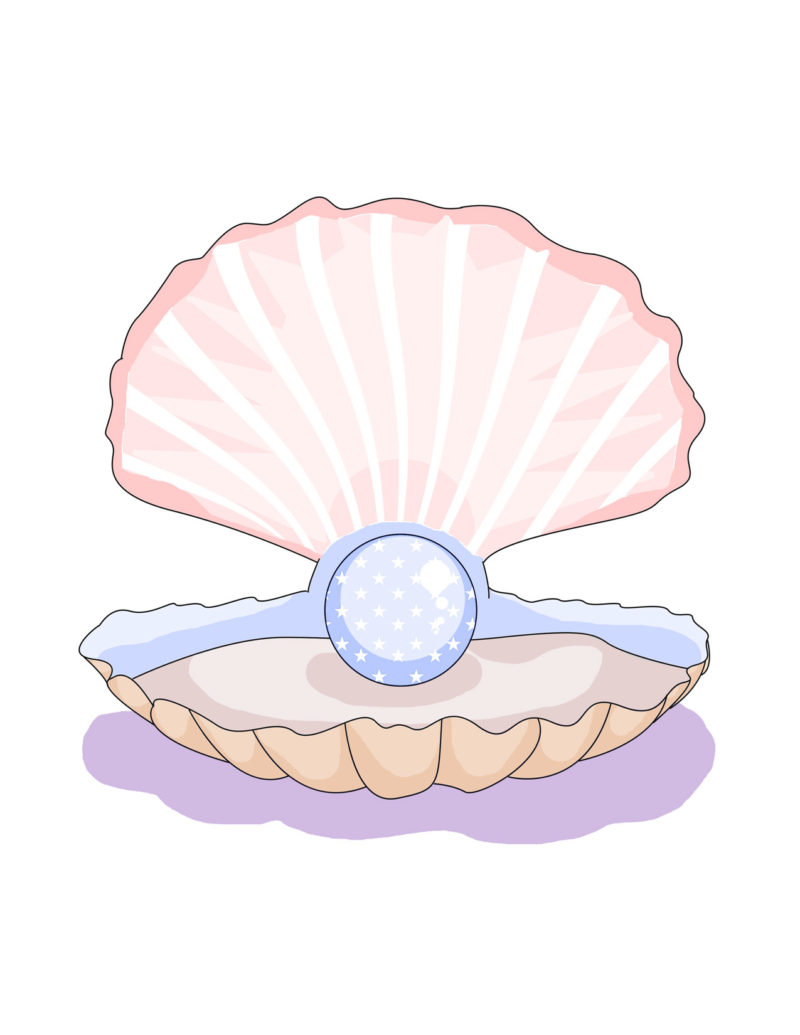At colleges across America, students are eagerly arriving with heads held high and an unwritten bucket list of things to do while in college. That bucket list might include having a beer at a frat party, taking a class on something you have never heard of or impressing a professor in a career path that you are interested in. For a certain species of college first-year, they decide that being involved in politics is somewhere on their bucket list. One of the ‘true’ remaining liberal arts schools in the country, Trinity, puts education over political dogma, which means that students will hear different opinions in the classroom and have the opportunity for open dialogue, which unfortunately is becoming rare on college campuses around the country.
One of the benefits of participating in the political process at Trinity (through tabling, on-campus events or dialogues, just to name a few) is that the small size of the school allows students to advance very quickly through the ranks of their chosen organizations. Trinity will constantly remind students that, since it is a small school, if students want something done on campus, they are free to go out and do it. It is very likely that during your time at Trinity, students will be asked to start a club by one of their friends. When I showed up as a first-year, there was not an organized conservative group on campus. The group was underground and essentially a Facebook group chat that few knew about.
I applied myself, and when the leader graduated, I became the leader due in large part to my previous campaign experience and the energy that I had put in. I took my group out of the underground and began the process to become a recognized club. Sure, Student Involvement told me to join the Trinity Progressives at first, but one conversation later it was understood that extremely different political ideologies do not need to be sharing a club.
Participating in college-level politics can be very beneficial to student life, regardless of the side one decides to pick. College is about gaining new experiences and learning. Participating in college politics allows for many such opportunities. I never thought that I would find myself flying all across the country to participate in different conferences and meeting people who had been on the front pages of news sites nationwide. I was at the Trump Hotel with the Young America’s Foundation the weekend after President Donald Trump’s election and walked through one of the first #notmypresident #resist protests.
I have been able to see history in the making because of what I have done. In my college politics career, I have been blessed. I never thought that I would work for Ben Carson, meet Alex Walker (the son of Scott Walker, the man who turned the entire Wisconsin branch of my family Republican) and grow my network for later in life.
At Trinity there are two political clubs who direct the campus dialogue. Tigers for Liberty is for conservatives and libertarians, while Trinity Progressives is for the progressives and liberals. In my opinion, the litmus test for which club you should be a part of is whether or not you believe in the free market. Both clubs essentially serve as a catch-all for issues on their sides of the political spectrum. If you believe that the campus needs a club to advocate for a specific position on an issue, feel free to create that organization. These are much harder to keep going because, due to our small enrollment, there will be very few students who are motivated to be a part of it. However, if you are passionate about a specific issue, then you should try and make that happen on our campus.
The political climate on campus for the most part is one of tolerance, but some people will be overtly irked by any overtly political presence they do not agree with. However, as the banner-carrying conservative, I have had a mostly pleasant experience. Teachers are almost always respectful and willing to have open dialogues in class. At most college campuses, if you make a good point, the professor may attempt to shut down the conversation entirely. At Trinity, the most a professor will do is attempt to restart the dialogue in a different direction. The administration puts permanent pride in the institution above the temporary feelings of students, as it should. While our campus is “progressive,” the administration understands that, as students coming for a liberal arts education, they should receive one as such.
The beautiful thing about Trinity is that, with its small size, often the needs of every student are met. If a student feels that the political environment needs a unique voice on a certain topic, it is likely that they can find a small group of students who are willing to be a part of it. I would recommend talking to the leaders of Tigers for Liberty or Trinity Progressives before doing so to see if they can accommodate new plans, as there isn’t a large enough pool of politically active students to draw from to sustain single-issue clubs for very long.
That is not to say politics at Trinity are all roses. One of the drawbacks of small enrollment at a very affluent school is that there simply is a lack of politically-interested students and a lack of incentives for people to be politically active as there simply is not an incentive for them to be, so as long as the country doesn’t go full-blown Venezuela. Not everyone will react positively to your activism. Some people on campus will not share the same views as you and as a result may act negatively towards you as a result. At the end of the day politics at Trinity is what you make it. Trinity is your oyster.






